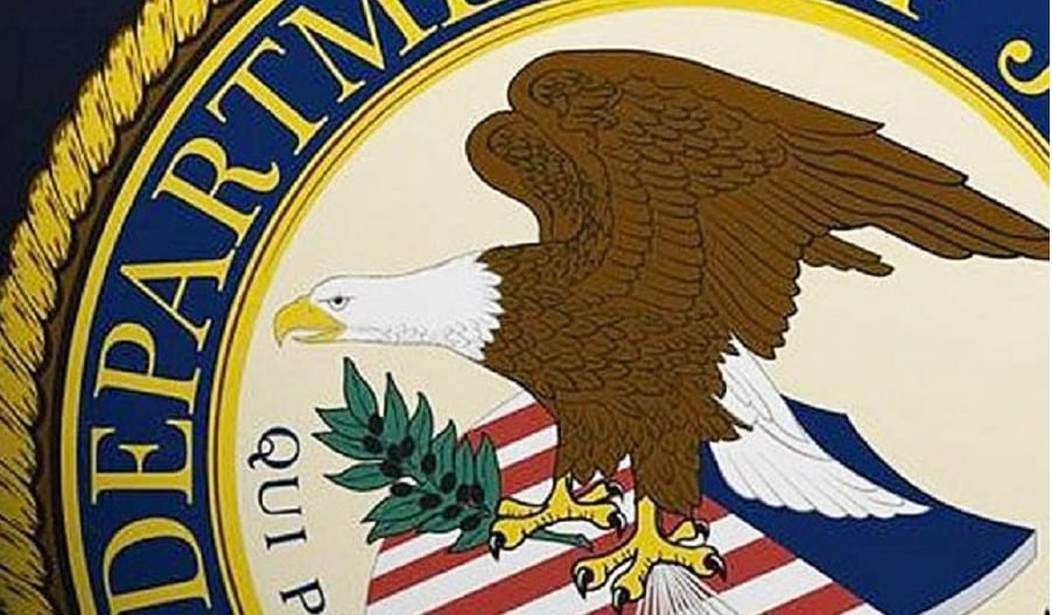Unsuccessful in their attempt to pressure Acting Attorney General Matt Whitaker into recusing himself from overseeing the Mueller Probe, the Democrats argued Whitaker’s appointment was unconstitutional under the Federal Vacancies Reform Act. Unfortunately for them, the DOJ shot down that contention as well.
Ever resourceful, Democrats have a new plan to vanquish their newest enemy. Liberal watchdog group, American Oversight (AO), filed a complaint last week with the Office of the Special Counsel (OSC) accusing Whitaker of violating the Hatch Act. And sure enough, the OSC did not disappoint. CNN reports:
An independent federal investigative agency is looking into whether acting Attorney General Matthew Whitaker violated prohibitions on political activities by federal employees by accepting contributions to his 2014 Senate campaign earlier this year.
Last January and February, when Whitaker served as chief of staff at the Department of Justice, four individuals donated a total of $8,800 to the committee for Whitaker’s unsuccessful 2014 run for a Senate seat in Iowa, according to Federal Election Commission records.
Austin Evers, the executive director of the watchdog organization American Oversight, told CNN his group submitted a complaint to the Office of Special Counsel that argued Whitaker may have violated the Hatch Act, which prohibits federal employees from accepting political contributions.
A spokesperson for the Office of Special Counsel confirmed receipt of the complaint and said a case file on the matter has been opened.
So threatened are Democrats by Trump ally Matt Whitaker’s new position of power, they’ve been tying themselves into knots trying to oust him from the top job at the DOJ. Sounds familiar, doesn’t it? It’s the new normal. Each Trump appointment going forward will receive the Kavanaugh treatment. Democrats will scrutinize every aspect of their lives until they find something – anything – with which to force the nominee to withdraw in disgrace.
Why is Matt Whitaker’s appointment so threatening to them? He certainly won’t fire Mueller. It’s because until now, Democrats had Rod Rosenstein at the helm to oversee the Mueller team. Rosenstein saw to it that potentially damaging classified documents remained out of the hands of Republican investigators. He went to great lengths, risking impeachment and Contempt of Congress charges, to protect deep state interests.
Perhaps Rosenstein’s greatest gift to the deep state, of which he is very much a part, was his failure to limit the scope when Mueller’s probe began. When he was called out on this during an interview with Fox News’ Chris Wallace in the summer of 2017, Rosenstein said:
There is a definite “scope of the investigation” because he and Mueller have agreed on one. Yet, he wouldn’t say what that scope is — only that if Mueller wants to probe “something that’s outside that scope,” he needs Rosenstein’s “permission to expand his investigation.”
Mueller is not engaged in a “fishing expedition,” you see, because “the special counsel is subject to the rules and regulations of the Department of Justice, and we don’t engage in fishing expeditions.”
Andrew McCarthy of the National Review was a long-time U.S. attorney and he explains why, according to the rules and regulations of the DOJ, s special counsel never should have been appointed in the first place.
Those rules and regulations expressly mandate that there be a basis for a criminal investigation or prosecution before a special counsel is appointed. The appropriate scope of the investigation is not supposed to be something to which the DAG and the special counsel agree in off-the-record conversations. It is governed by what is supposed to be the specified predicate for a criminal investigation without which there should be no special-counsel appointment in the first place.
The regulation, 28 CFR Sec. 600.1, states that the Justice Department may appoint a special counsel when it is “determine[d] that criminal investigation of a person or matter is warranted,” and that the Justice Department’s handling of “that investigation or prosecution of that person or matter” in the normal course “would present a conflict of interest for the Department” (emphasis added).
It is specious to claim, as Rosenstein does, that his citation of the Russia counterintelligence investigation is a sufficiently definite statement of the scope of the investigation. As we have frequently pointed out, a counterintelligence investigation is not a criminal investigation. There need be no suspicion of crime before a counterintelligence probe is commenced. The purpose of the latter is to collect information about a foreign power, not to investigate a suspected crime. As shown above, however, the need to probe a specific suspected crime is, by regulation, the prerequisite for appointing a special counsel.
Rosenstein acted against DOJ rules and regulations first by opening a special counsel investigation when there was no criminal basis for it. Secondly, DOJ regs require a “scope” of the investigation to be explicitly stated at its inception. Rosenstein failed to assign a scope to Mueller when the probe began. And third, even if there had been a criminal basis, as in Watergate, and a scope had been defined, there remains the requirement that the special counsel be a Washington outsider, which Mueller most definitely was not. So, Rosenstein is 0 for 3.














Join the conversation as a VIP Member